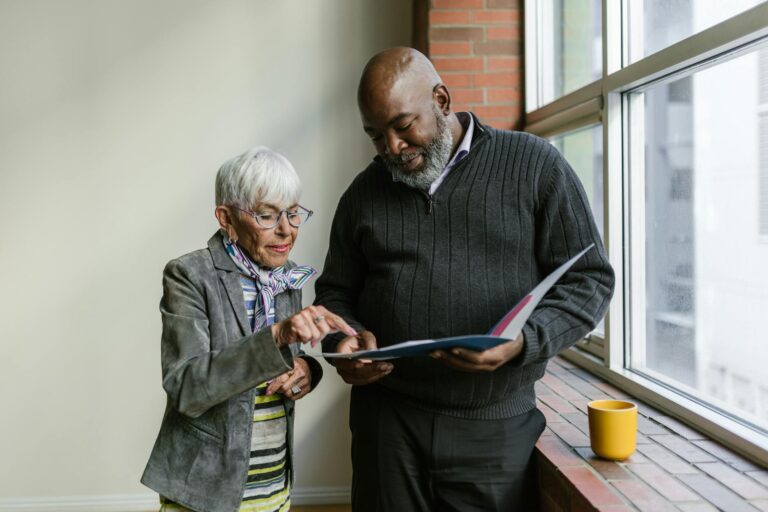Adapting to physical changes, particularly those associated with aging or health conditions, can be a profound challenge for many individuals. These changes can impact daily functioning, independence, and overall quality of life, leading to a range of emotional responses and mental health concerns.
Physical changes can be gradual, such as those experienced during the natural aging process, or sudden, such as those resulting from an injury or medical condition. Aging might bring about decreased mobility, chronic pain, or other health issues that require adjustments in lifestyle and self-care routines. Such changes often necessitate a reevaluation of one’s identity and abilities, which can be a significant source of stress and anxiety.
The mental health impact of adapting to physical changes can manifest as feelings of loss, frustration, and sadness. Individuals may grieve for the loss of their previous capabilities and struggle with the need for assistive devices or dependence on others for daily tasks. This can lead to decreased self-esteem and a sense of vulnerability or helplessness.
Coping with these changes requires resilience and a supportive environment. Mental health professionals can play a crucial role in helping individuals navigate this transition. Through therapy, individuals can explore their feelings, develop coping strategies, and work on building a new sense of self that incorporates their current abilities and limitations.

One effective approach is Cognitive Behavioral Therapy (CBT), which can help individuals adjust their thought patterns and behaviors to better manage the emotional responses to their physical changes. Another vital component is social support, which can come from family, friends, support groups, or community resources. Social connections can provide emotional support, practical assistance, and a sense of belonging, all of which are crucial for mental well-being.
Physical rehabilitation and occupational therapy can also be essential for adapting to physical changes. These therapies can help individuals improve their functional abilities, learn to use adaptive equipment, and make modifications to their home and work environments to enhance independence and safety.
In conclusion, difficulty adapting to physical changes is a multifaceted issue that affects both physical and mental health. Addressing the psychological aspects of this adaptation is as crucial as managing the physical ones. With appropriate support and interventions, individuals can find new ways to live fulfilling lives, despite the challenges posed by physical changes.


